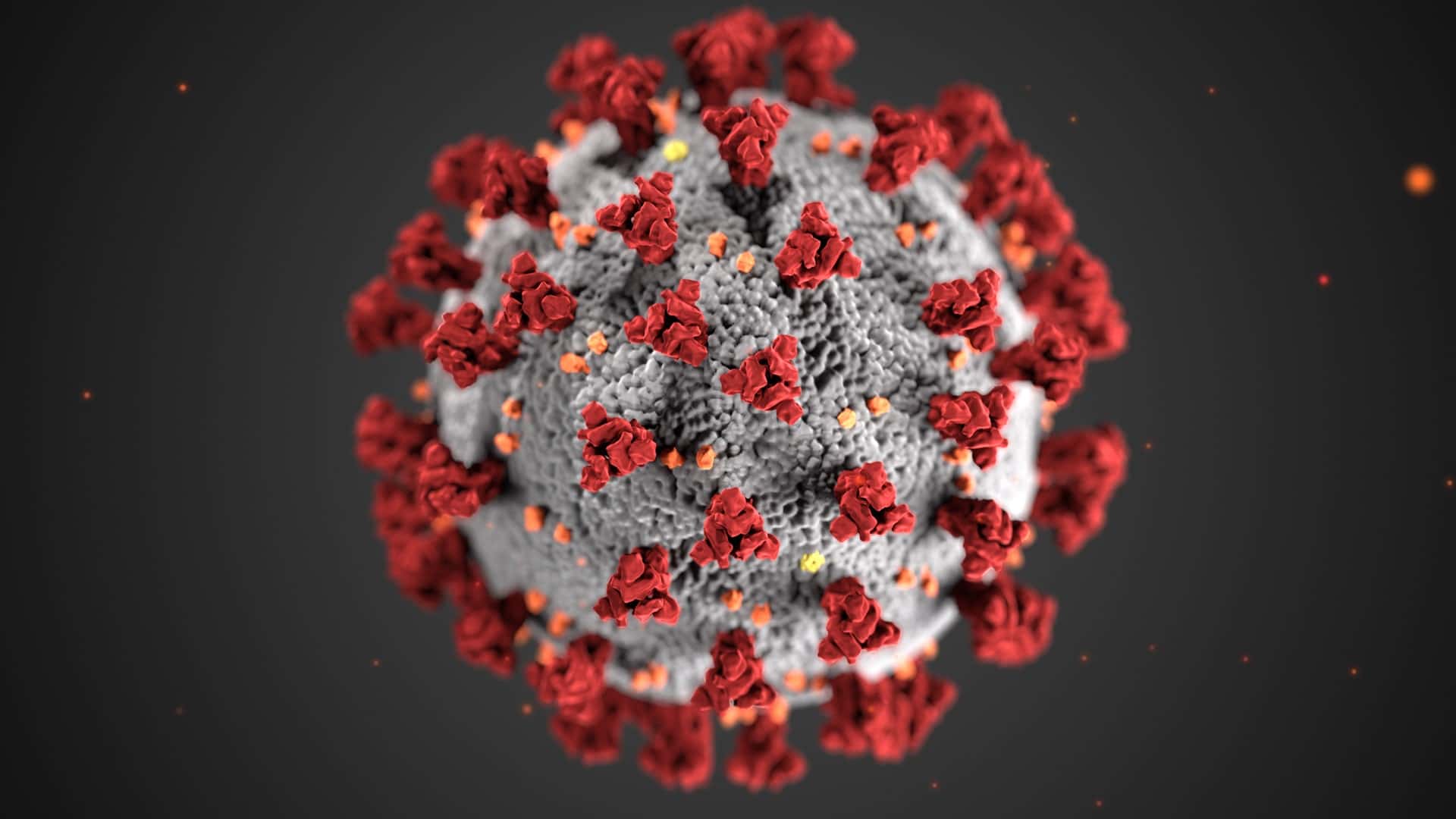Antibiotics complicated urinary tract infection treatment during the pandemic
Researchers from Uppsala University examined a rise in the use of broad-spectrum antibiotics in intensive care units during the Covid 19 pandemic. While these initially helped prevent urinary tract infections, they also led to an increase in antibiotic-tolerant enterococci bacteria, complicating the treatment of these infections. The study was funded by the SciLifeLab/KAW National COVID-19 Research Program.
The study, published in Frontiers in Medicine, examined urine samples from 101 intensive care patients with Covid-19 at Uppsala University Hospital. The examination showed that antibiotic-tolerant enterococci made up an unusually high 42% of the bacterial count.
Intensive care patients often require urinary catheters, which can lead to complicated urinary tract infections. These infections are Sweden’s most common care-related issue and can prolong the entire course of care. In severe cases, aggressive bacteria can cause damage to the bladder and kidneys or spread to the bloodstream.
“In urinary tract infections without antibiotic resistance, the most common bacterial group is E. coli, which is relatively easy to treat with antibiotics. However, among the intensive care patients in our study, enterococci were by far the largest group of bacteria. Since they are antibiotic-tolerant, they can be difficult to get rid of”, says Philip Karlsson, the study’s first author.
These enterococci protected other bacteria, allowing them to remain unaffected by antibiotics. “The more common bacteria started to appear once the enterococci had established themselves. And this was taking place even during ongoing antibiotic treatment. In other words, otherwise easily treated bacteria – which are not resistant – were able to remain in the patient without being affected by the antibiotic treatment if the enterococci were there at the same time”, Karlsson explains.
Despite the challenges posed by enterococci, Karlsson remain optimistic: “We don’t yet know how the enterococci provide protection for the other bacteria. But we hope that our results could increase knowledge about the impact of antibiotics and the role of enterococci in the course of urinary tract infections, and in the long run improve procedures in order to avoid them occurring”, he says.





